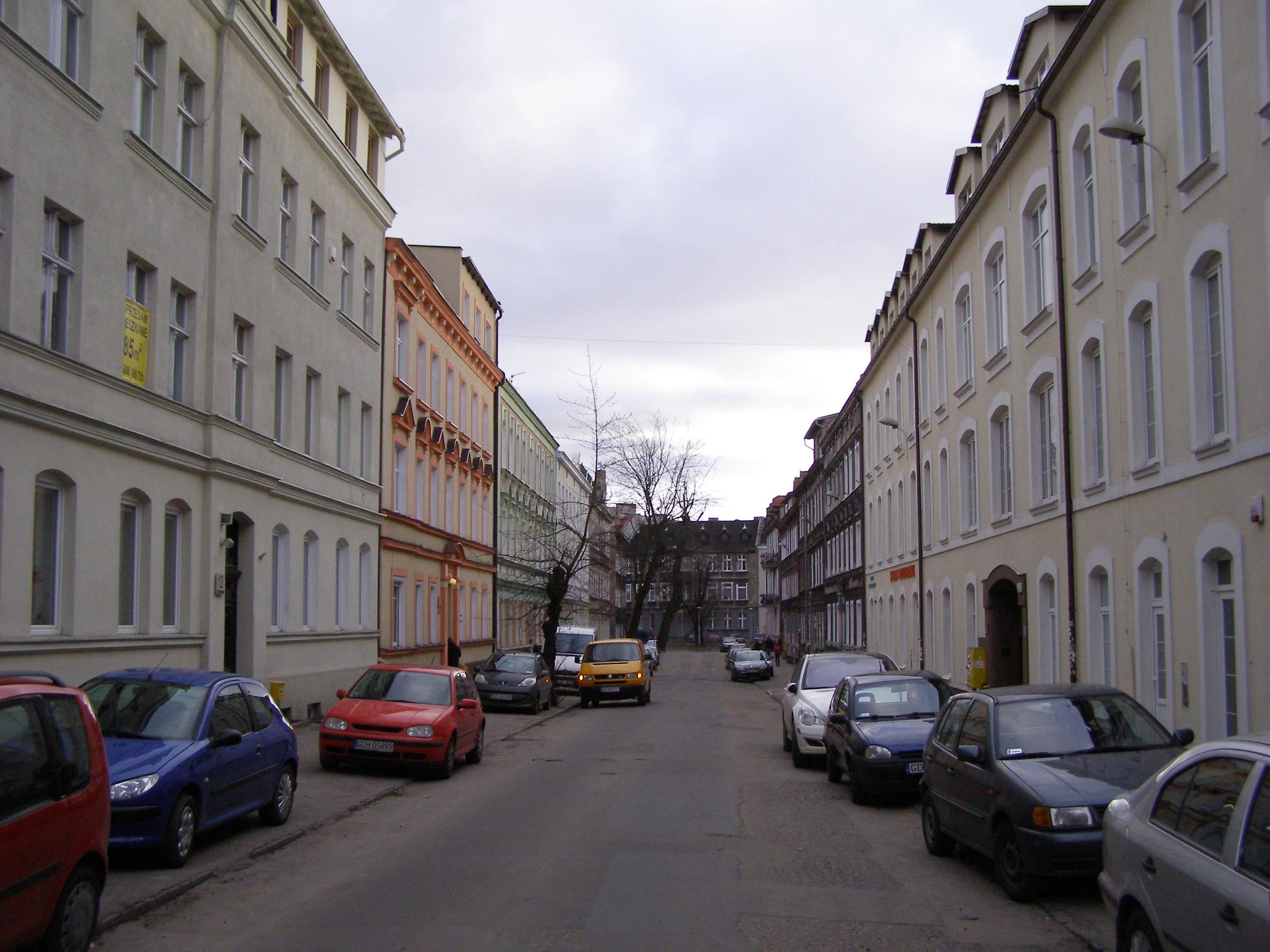-
Notifications
You must be signed in to change notification settings - Fork 8
New issue
Have a question about this project? Sign up for a free GitHub account to open an issue and contact its maintainers and the community.
By clicking “Sign up for GitHub”, you agree to our terms of service and privacy statement. We’ll occasionally send you account related emails.
Already on GitHub? Sign in to your account
Try switching to Muv #232
Comments
|
@dabreegster do know of a place to learn more about Muv that that link? It does not give a lot of context or details :). |
|
@ginnyTheCat is the author |
|
Hi, Looking at the issues above #230, #222 and #89 work in muv already. Both way directions as in #91 are supported on the muv side, but have no mapping to osm2streets yet. I'm working on documenting muv more but at the example or the muv-osm to osm2lanes source code should help a bit. If there are any more questions I'm more than happy to answer them here or wherever you prefer. |
|
An excellent site for test cases: https://wiki.openstreetmap.org/wiki/Berlin/Verkehrswende/Radwege#Radfahrstreifen_in_Mittellage_.2F_Fahrradschleuse_.2F_Fahrradweichen |
|
Thanks a lot @robhubi. When testing the examples I realized that due to the roads having both the https://muv.lelux.net/osm2streets/#19.2/52.4776157/13.4265795 |
|
Hi @ginnyTheCat, one logistic question/request before we try integration: could you please set a license on the project? |
|
Of course. I was thinking of using the MPL 2.0 license, which would allow osm2streets and A/B Street to fully use it. If that's ok on your side I would go ahead with that. |
|
Yep, anything compatible with Apache 2 is fine by me!
…On Sun, Jan 28, 2024, 1:19 PM ginnyTheCat ***@***.***> wrote:
Of course. I was thinking of using the MPL 2.0 license
<https://www.mozilla.org/en-US/MPL/2.0/FAQ>, which would allow
osm2streets and A/B Street to fully use it. If that's ok on your side I
would go ahead with that.
—
Reply to this email directly, view it on GitHub
<#232 (comment)>,
or unsubscribe
<https://github.com/notifications/unsubscribe-auth/AAMWLF6R4LGF2I2VYOPGN4LYQZF6VAVCNFSM6AAAAABCB5YZE6VHI2DSMVQWIX3LMV43OSLTON2WKQ3PNVWWK3TUHMYTSMJTGU4TIMJQGU>
.
You are receiving this because you were mentioned.Message ID:
***@***.***>
|
I see the tags bicycle:lanes as a description of the access rights and cycleway=lane as a description of the structural design of the carriageway. The tags complement each other. The examples look great. |
|
One recent addition to muv that could be interesting to osm2streets is the on road curb position. In case of a highway with This information could be useful to align roads to |
|
That sounds fantastic; those overlap problems happen frequently. If you find any particular examples where this new approach would help, we should add them to the test cases in Street Explorer. I'd like to pick this up, but with work right now, there's no way it's happening in the next few weeks. :\ |
|
One example could be this road (https://a-b-street.github.io/osm2streets/#18.9/50.9283434/11.5841848 / https://muv.lelux.net/osm2streets/#19.2/50.928293/11.5843508) where a kerb is mapped but the road isn't fully centered and collides with the sidewalk, even enlarging the intersection. |
|
#231 is now supported on the muv side with |
|
I'm planning on creating a clean implementation of osm2lanes using muv that would replace the messy demo. One thing i was wondering about however was the handling of curbs in half-on-sidewalk parking situations.
In my opinion, option 3. makes the most sense. |
|
In general, the higher-ranking mode of transport is favoured. This would be option 3 with a parking lane and a kerb at the very edge. |
I don't really understand this part of the sentence, maybe you could explain that a bit more. The second part is makes sense. |
|
Imagine a road. No sidewalk. Pedestrians, cyclists and cars are on the road. What type of road is it: footpath, cycle path or street? In the case of shared use, the higher-ranking means of transport determines the type. |
|
Ah, yea ofc. That's how it's implemented in the demo right now and how I'm porting it to the final variant as well. |
I'm still confused what this means -- any real-world examples? Is this a sidewalk where cars are allowed to park on half of it, and there's a curb marking the boundary? I'm not sure I've seen these before, so just trying to understand |



https://gitlab.com/LeLuxNet/Muv/ is a new library that's doing the "osm2lanes" job of transforming OSM tags to lane data much better than the code currently used here or in the older https://github.com/a-b-street/osm2lanes experiment. We should try cutting over to it.
It could likely help with a number of bugs: #231, #230, #229, #223, #222, #91, #89.
It's a bigger project to try this cutover, but still somewhat self-contained. If anyone's interested in trying, please do!
The text was updated successfully, but these errors were encountered: